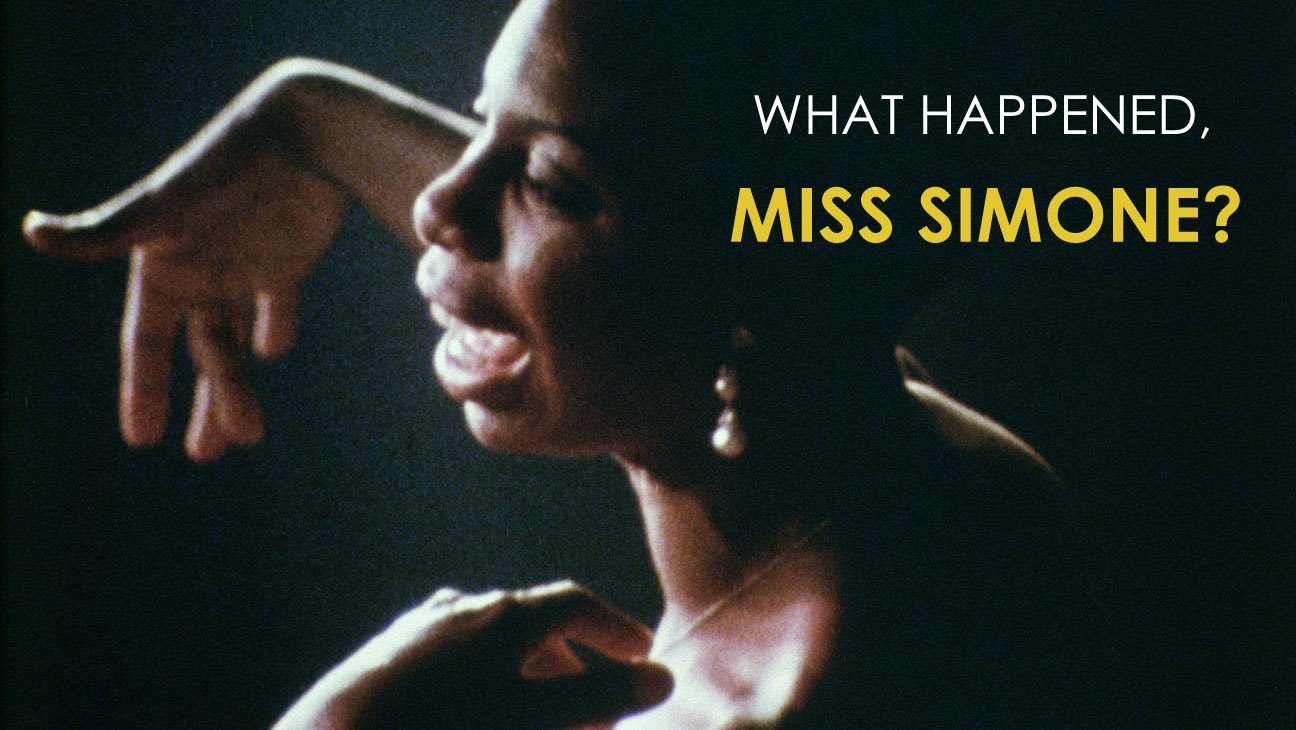My favourite artists include Grace Jones and Todd Rundgren, this much is evident to anyone who has dared ask me the question. But, of late, I have become enamoured of Nina Simone. Many know her only for ‘Feeling Good’ or ‘My Baby Just Cares for Me’ but her repertoire and indeed the impact she has had on the music industry as a whole is staggering.
What Happened, Miss Simone? takes its namesake from a poem written to her by Maya Angelou. In essence, it is a 2015 biographical film which opened the Sundance Film Festival of the same year.
The film was nominated for six Primetime Emmy Awards, including Outstanding Documentary or Nonfiction Special and Outstanding Directing for a Nonfiction Program, winning the former. Wikipedia
The film covers Nina’s life and career and gives unrivalled insight into how she became the icon and star that she is today. This, friends, is not an easy film to watch. It covers unpleasant topics such as domestic abuse and, of course, racism. The fact is that Nina was 25 at the release of her debut album in 1957 and schools in America were only de-segregated in 1954. This means her childhood in North Carolina was peppered with discrimination. One particularly poignant moment in the film for me was when Nina described one of her early recitals, aged 8, when her parents were asked to sit in the back on account of their skin colour. Nina fought back saying she would not play unless they were in their allocated seats in the front row. This is a powerful and potent image which set the scene for how Nina’s life would unfurl.
What I didn’t know was that Nina Simone was a civil rights activist as well as a wonderfully talented recording artist. She regularly involved herself with the civil rights movement in the 1960s and sang songs like Mississippi Goddamn and Young Gifted and Black to protest injustices and bring to light the beauty of people of colour, something which had not been done at the time. This was detrimental to her career, as the film explores, but she found fame once again in her later years after a brief absence from the industry.
In short, my admiration for Nina Simone has deepened by watching this film. Director Liz Garbus has really achieved something, showing us who Nina was and why, while placing her in the context of the times which moulded her. This film is phenomenal and I am not surprised it has been nominated for so many awards. Please watch it and learn something of the woman behind the music. Nina’s soul is so often bared through song without us realising what went into making her the icon she is.

